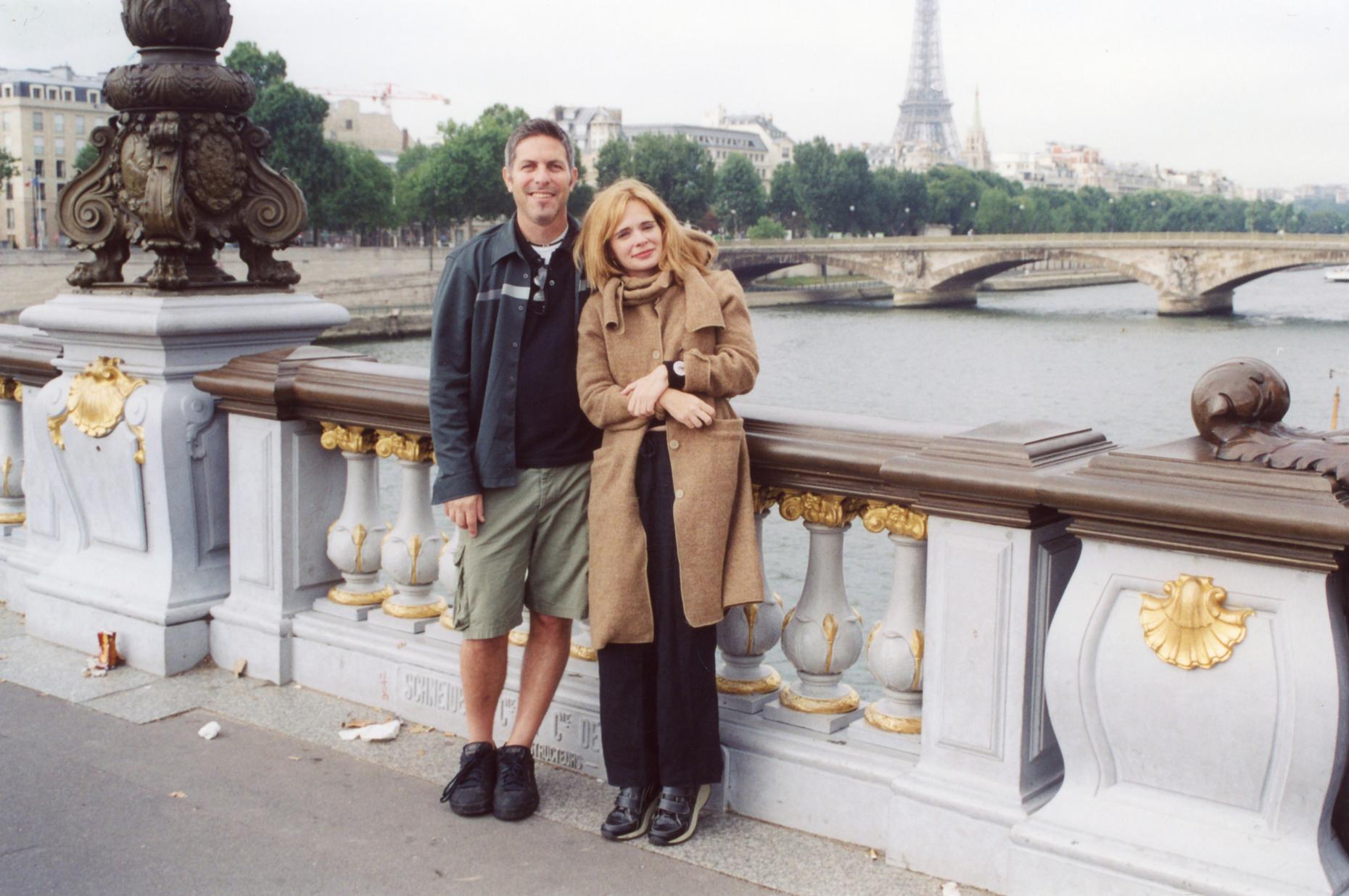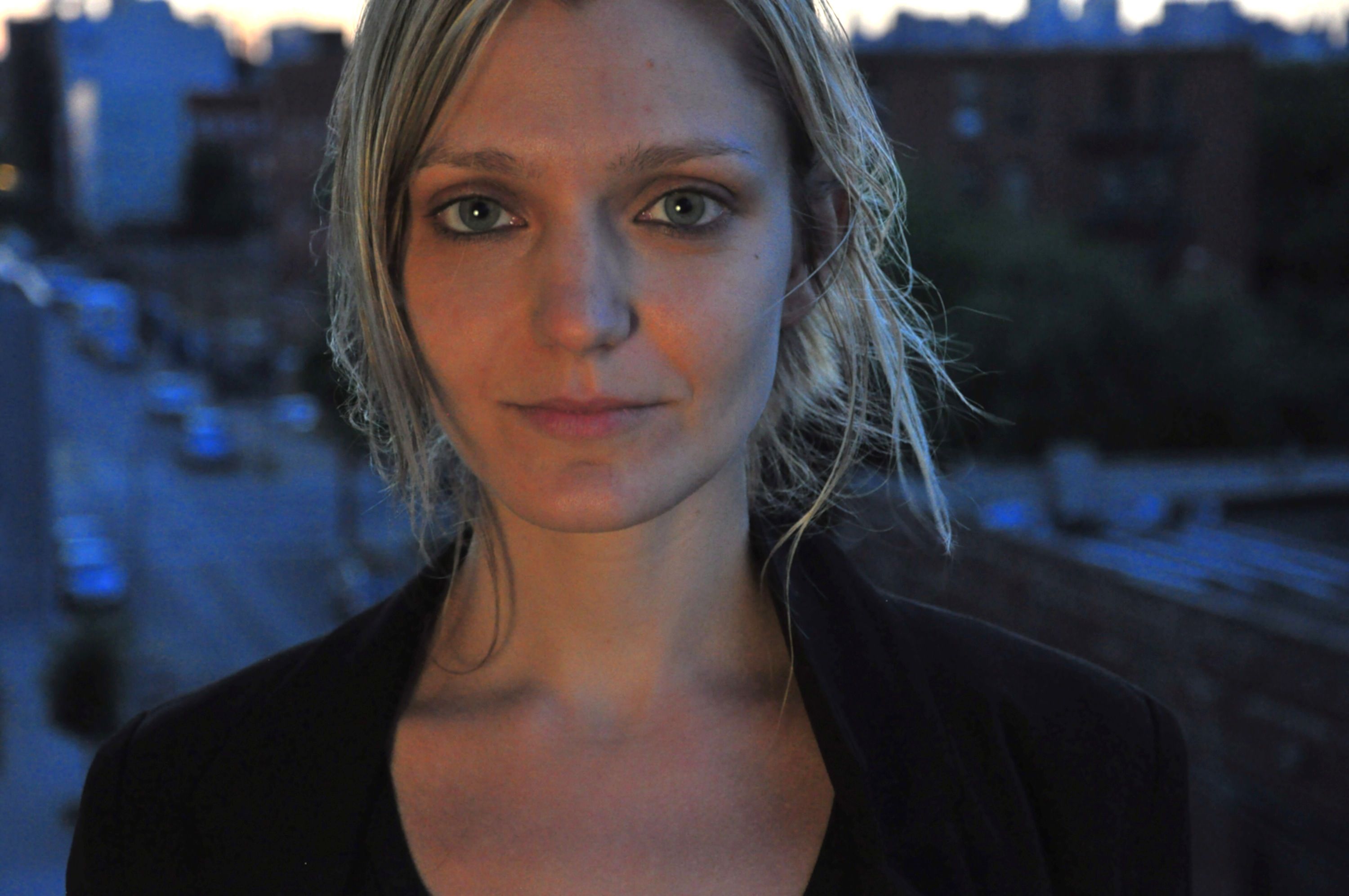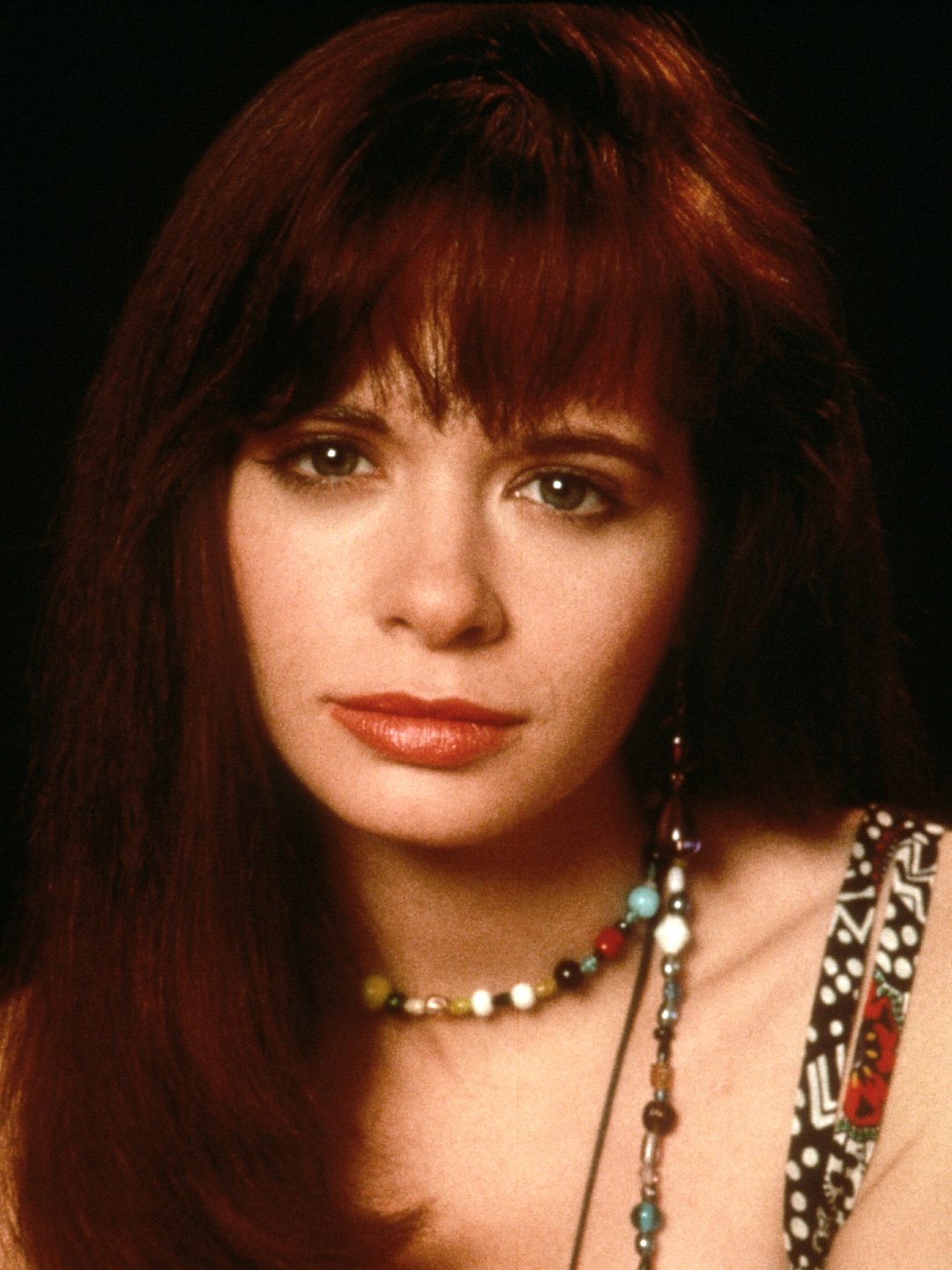Sometimes, a creative spirit comes along and leaves a mark that stays with us, even after they're gone. Adrienne Shelly, a filmmaker and actor, was one such person whose unique perspective brought warmth and genuine feeling to the screen. Her work, you know, really captured a certain kind of honesty, making her a beloved figure among those who saw her films.
She had a way of telling stories that felt very real, often focusing on the lives of women with a mix of humor and deep emotion. Her films, it's almost like they invited you into a conversation, letting you see the struggles and triumphs of everyday people. She started out acting, which gave her, I suppose, a really good sense of how characters move and speak, before stepping behind the camera to tell her own tales.
Her journey as a director, in some respects, showed a steady growth, with each project building on the last, refining her voice. The stories she chose to tell, well, they were often about finding strength in unexpected places, and that, is that, truly resonated with so many people. We're going to explore what made her work so special and why her presence is still felt in the world of independent cinema.
- Dolly Parton Then And Now
- Gold Medal Prize
- Trumps Hands
- Original Marilyn Monroe Dress
- Ben Shelton Olympics
Table of Contents
- The Life and Times of Adrienne Shelly
- Who Was Director Adrienne Shelly?
- A Distinct Voice in Filmmaking
- What Made Director Adrienne Shelly's Work Special?
- Stories That Resonate
- How Did Director Adrienne Shelly's Films Connect?
- Beyond the Camera
- What Legacy Did Director Adrienne Shelly Leave?
The Life and Times of Adrienne Shelly
Born Adrienne Levine in Queens, New York, she later adopted the surname Shelly, which was her father's original family name. Her early life, you know, laid the groundwork for a career steeped in the performing arts. She showed an early interest in acting, which pretty much led her to Boston University, where she studied film production. This initial step into the academic side of filmmaking, perhaps, gave her a broader view of the craft, moving beyond just performing roles.
After her time at university, she began her acting career, appearing in a number of independent films. She quickly became known for her distinct presence on screen, often portraying characters who were a little quirky, sometimes vulnerable, but always, always, deeply human. Her roles, I mean, they weren't always the big, flashy ones, but they were memorable, adding a certain depth to the stories she was a part of. This period, actually, gave her valuable insight into storytelling from the actor's viewpoint, which would later inform her directing style.
The move from acting to directing was a natural progression for Adrienne Shelly. She wanted to tell her own stories, to bring her unique vision to life from behind the camera. Her first directorial efforts, for instance, were short films, allowing her to experiment and find her footing as a storyteller. This gradual shift, you know, allowed her to hone her skills, learning the many facets of bringing a script to the screen. It was a journey of creative discovery, truly.
- Kami Love
- Is Steve Harvey And Marjorie Still Together
- Jennifer Aniston On Magazine Cover
- Tummy Tucker Shapewear
- Mister Rogers Young
Who Was Director Adrienne Shelly?
Director Adrienne Shelly was a person who wore many hats in the world of independent film. She was an actor, a writer, and, of course, a director. Her creative output, in a way, reflected a deep commitment to exploring the human condition, especially through the eyes of women. She often wrote her own scripts, which gave her complete control over the narrative and the voices of her characters, making her work feel very personal and authentic.
Her approach to filmmaking was typically characterized by a blend of humor and pathos. She could make you laugh one moment and then, just a little, make you feel a profound sense of sadness the next. This ability to mix emotions so seamlessly, I mean, it's what made her films so relatable and, frankly, quite powerful. She wasn't afraid to show the messy parts of life, which is why her characters often felt so real to audiences. Her presence in the independent film scene, you know, was something special.
Here's a brief look at some personal details about Adrienne Shelly:
| Full Name | Adrienne Levine |
| Born | June 24, 1966 |
| Birthplace | Queens, New York, U.S. |
| Died | November 1, 2006 (aged 40) |
| Occupation | Actor, Film Director, Screenwriter |
| Spouse | Andy Ostroy |
| Children | Sophie Ostroy |
| Notable Directorial Works | Sudden Manhattan (1996), I'll Take You There (1999), Waitress (2007) |
A Distinct Voice in Filmmaking
Adrienne Shelly developed a directorial style that was, you know, quite distinct. She had a knack for creating intimate character studies, often placing ordinary people in extraordinary, or at least challenging, circumstances. Her films didn't rely on huge budgets or special effects; instead, they focused on the power of storytelling and the nuances of human interaction. This emphasis on character, I mean, allowed her to explore complex emotions and relationships with a delicate touch.
She also had a particular talent for casting, often working with actors who could truly embody the spirit of her characters. She allowed them space to bring their own interpretations to the roles, which, in some respects, added a layer of authenticity to the performances. Her sets were known to be collaborative spaces, where ideas could flow freely, fostering an environment where creativity could truly blossom. This collaborative spirit, actually, is something many filmmakers strive for.
Her visual style, while not overly flashy, was always purposeful. She used framing and camera movement to highlight the emotional states of her characters or to draw attention to subtle details in a scene. Every shot, you know, felt like it had a reason for being there, contributing to the overall narrative. This thoughtful approach to visual storytelling, really, made her films feel cohesive and well-crafted, even with their independent spirit.
What Made Director Adrienne Shelly's Work Special?
What made director Adrienne Shelly's work truly special was her ability to find the extraordinary in the ordinary. She had a way of looking at everyday life and discovering the humor, the pain, and the resilience within it. Her characters, you know, were often people struggling with their circumstances, trying to find their place in the world, or just looking for a little bit of happiness. This focus on relatable experiences, naturally, made her films connect with a wide audience.
Her writing, which was a big part of her directorial process, was sharp and witty, yet also deeply empathetic. She crafted dialogue that sounded like real conversations, full of quirks and genuine feeling. The stories she told, I mean, they often revolved around themes of self-discovery, independence, and the complexities of relationships, particularly those between women. This honest portrayal of human connection, in a way, set her apart from many of her contemporaries.
Moreover, her films often carried a message of hope, even when dealing with difficult subjects. She believed in the power of people to overcome adversity, to find their voice, and to create their own happiness. This underlying optimism, it's almost like a thread that ran through all her projects, leaving viewers with a sense of warmth and possibility. That, I suppose, is a truly special gift for a storyteller to possess.
Stories That Resonate
Adrienne Shelly's films, you know, had a remarkable ability to resonate with audiences long after the credits rolled. Her most widely recognized work, "Waitress," is a perfect example of this. It's a story about a woman who finds herself in a challenging situation, but who uses her unique talent – making pies – to navigate her way through it. The film, actually, is full of charming moments, but it also touches on serious themes with a light hand, which is quite a feat.
"Waitress" premiered at the Sundance Film Festival and later gained a much wider release, earning critical praise and a devoted following. Its success, in some respects, brought Adrienne Shelly's talent to a broader audience, showcasing her distinctive voice as a writer and director. The film's themes of female empowerment, finding strength in creativity, and seeking happiness, well, they really struck a chord with many viewers. It's a testament to her vision, truly.
Before "Waitress," she directed other films like "Sudden Manhattan" and "I'll Take You There," which, you know, also explored similar themes of identity and relationships, albeit on a smaller scale. These earlier works, I mean, helped to define her style and allowed her to experiment with different narrative structures and character types. Each film, in a way, built upon the last, showing a consistent growth in her craft and her ability to tell compelling stories. She was, you know, always pushing herself creatively.
How Did Director Adrienne Shelly's Films Connect?
Director Adrienne Shelly's films connected with people because they felt so incredibly authentic. She didn't shy away from showing the messiness of life, the awkward moments, or the sometimes painful realities that people face. Yet, she always did so with a sense of warmth and understanding, which, I suppose, made her characters feel like friends you were rooting for. Her stories were, you know, about ordinary people doing their best, and that's something everyone can relate to.
Her use of humor was also a key factor in how her films connected. She understood that laughter can be a powerful tool for coping with hardship, and she wove comedic elements seamlessly into even the most serious situations. This balance of light and dark, actually, made her films feel very real and multi-layered, just like life itself. It allowed audiences to feel a full range of emotions, from chuckles to tears, all within the same viewing experience.
Moreover, she had a particular gift for creating memorable female characters. Her women were complex, flawed, and strong in their own ways, often defying traditional stereotypes. They were characters who were trying to figure things out, just like many of us, and seeing their journeys unfold on screen, I mean, was deeply satisfying for many viewers. This focus on strong, relatable female voices, really, made her work stand out and connect on a very personal level.
Beyond the Camera
Adrienne Shelly's influence extended beyond the films she directed. She was a passionate advocate for independent cinema and for empowering women in the film industry. She believed in the power of storytelling to create change and to give voice to those who might not otherwise be heard. Her dedication to her craft, you know, was evident in every project she undertook, whether as an actor or a director. She truly loved what she did, and it showed.
Her passing in 2006, tragically, cut short a career that was clearly on the rise. The circumstances were heartbreaking, but her legacy, in some respects, lives on through her work and through the efforts of those who loved her. Her husband, Andy Ostroy, established the Adrienne Shelly Foundation, which, you know, provides grants and scholarships to support female filmmakers. This foundation, actually, ensures that her spirit of creativity and support for women in film continues to inspire new generations.
The foundation's work has helped numerous women pursue their dreams in filmmaking, providing them with resources and opportunities that might otherwise be out of reach. It's a way of keeping Adrienne Shelly's vision alive, fostering the kind of independent, human-centric storytelling that she championed. Her impact, you know, is still felt today, not just in the films she made, but in the doors that have been opened for others because of her memory.
What Legacy Did Director Adrienne Shelly Leave?
What legacy did director Adrienne Shelly leave? Well, she left behind a collection of films that speak with a singular voice, full of heart and genuine feeling. Her movies, you know, continue to be discovered and appreciated by new audiences, proving that good storytelling truly has no expiration date. They remind us that even the most ordinary lives hold extraordinary stories waiting to be told, and that, is that, something she was particularly good at showing.
Beyond her films, her legacy is also found in the Adrienne Shelly Foundation, which, in a way, embodies her commitment to nurturing creative talent, especially among women. The foundation's efforts ensure that her passion for independent film and her belief in the power of female voices continue to shape the industry. It's a beautiful tribute, actually, to a life dedicated to art and expression.
Her story, too, serves as a reminder of the fragility of life and the importance of cherishing creative spirits. She showed us that even with limited resources, a clear vision and a compassionate heart can produce works that resonate deeply. Her contribution to independent cinema, I mean, is something that continues to inspire, encouraging others to tell their own stories with honesty and warmth. She really left an enduring mark.
- Pics Of Sue Bird
- Grace Bentkowski Accident
- Olivia Jade Rowing
- Judge Gerald Sheindlin
- Photos Of Tom Selleck


